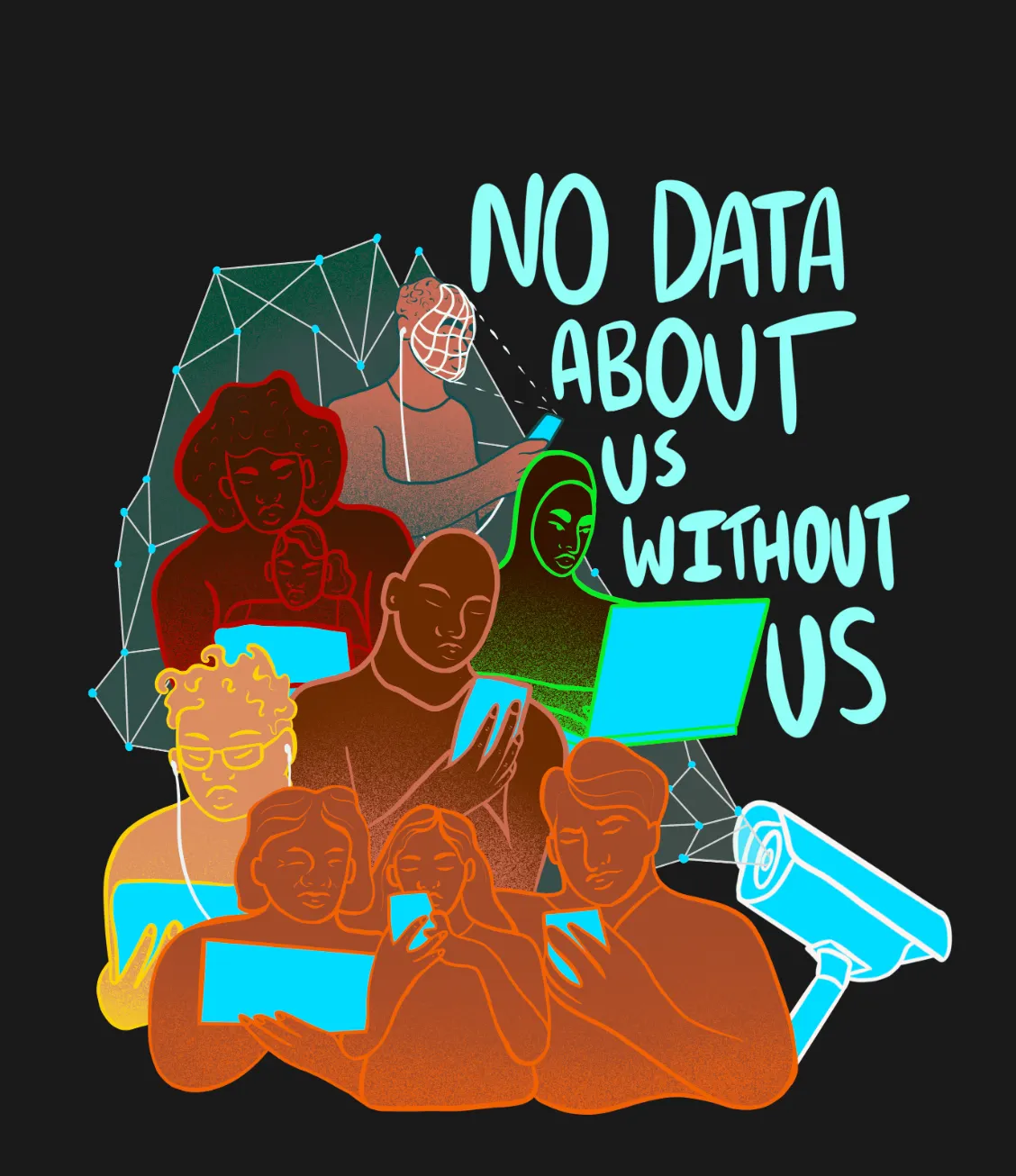An interview with Hans Vestberg - CEO of Verizon Communications
The Edgelands Institute had a chance to sit down for a conversation with Hans Vestberg, CEO of Verizon Communications, to hear his perspective on what businesses and private corporations can do to uphold their obligations to society.
.jpg)
Photo by Obi Onyeador
We kicked off with a discussion on the importance of closing the digital divide. Hans has been a long time advocate for the addition of a new SDG goal 18 - technology access for all. He notes that the recent COVID-19 pandemic has actually highlighted the importance of technology across the world. This is especially so in poorly resourced nations where there has been an acute shortage of doctors, technology solutions like telemedicine were able to allow health systems to meet the increase in demand for healthcare provision.
How then can we achieve digital inclusion for an equal and fair society? Hans proposes three important pillars to bridge the digital divide - accessibility, affordability and usability, and argues that we cannot have one without the other. All three are important pillars of digital inclusion. Telecommunication companies can help make broadband more accessible, but the costs will still be especially high in the rural areas. Hans brainstormed on new pragmatic policy ideas, what if we had “broadband vouchers”, the same way we have food stamp vouchers, to help make broadband affordable at the last mile.
We also talked about the bigger role that corporations need to play in society. Hans is clear that as a corporate citizen, corporations like Verizon will have to uphold a much broader social contract with more responsibilities to society. He highlighted the recent Gamestop phenomena as a case in point of a bottom-up revolution that allows the “little guys” to hold power to account. There now is the ability for corporate activists to take down companies who are not upholding their part of the social contract, especially if they are not meeting environmental or social goals. No longer are corporations only scrutinized by their shareholders, in fact, the corporations have to consider not just their shareholders but also their obligations to their customers, employees and the local community they are based in.
Especially in times of COVID where life is very much online, Hans acknowledges that Verizon has a huge responsibility to their customers to ensure that there is no disconnection in service. At same time, Hans recognizes their commitment to keeping their employees safe during the pandemic while protecting jobs and livelihood. He gave the example of their employee retraining program, where they were able to retrain their frontline field employees to customer care so their employees are not put at risk in times of a pandemic, and have the opportunity to to learn new skills.
To Hans, the future is local - Hans argues that corporates have to be local in their effort when it comes to upholding the social contract. In the case of Verizon, Morristown is a community in which they have a huge presence and where they can co-create practical solutions between business and communities.. Hans discussed some of the partnerships that the company is pursuing in collaboration with local municipalities in times of COVID-19 such as arrangement to use their warehouses for vaccine distribution. Hans says, “We have to be good local citizens of New Jersey, that is where our company is headquartered.”



